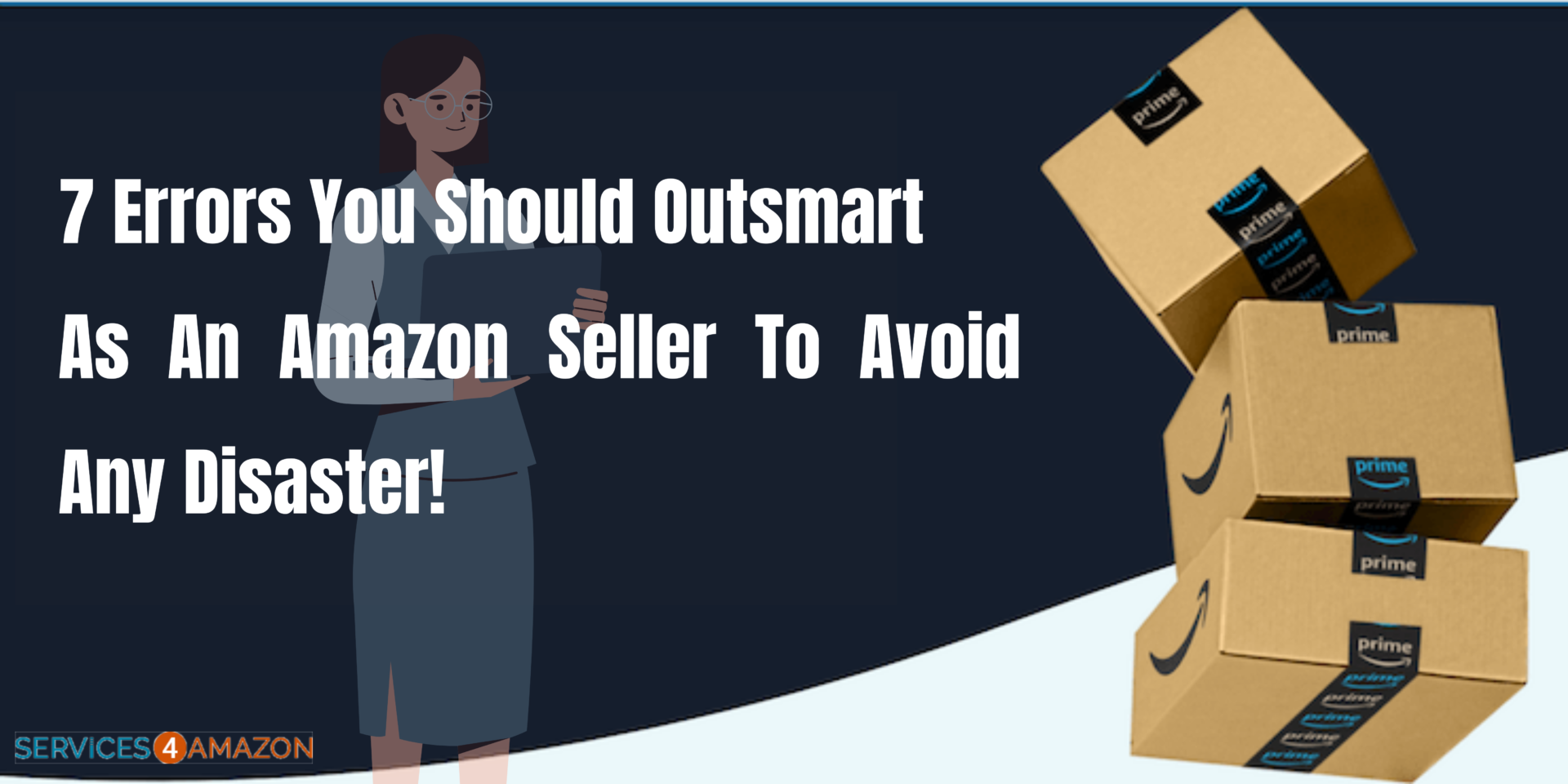In the realm of eCommerce, Amazon’s marketplace must be a key component of your marketing plan. Because if you aren’t selling and leveraging the benefits of this popular marketplace, someone else will come with its enhanced brand content.
However, a right and a wrong approach can make your sales on Amazon weak or strong according to the amazon selling policies.
The appropriate approach will attract new consumers, expand your business, and put you in a position for long-term success. If you go about it incorrectly, you’ll lose money, damage your reputation, and maybe be booted off the site.
Most Common Blunders Faced By Amazon Seller & Ways To Avoid Them
- Rules Violation
When you join Amazon, you agree to follow all of the company’s rules and regulations and will only put enhanced brand content on the platform. Failure to follow amazon’s selling policies can have serious ramifications, especially if a seller’s actions have a detrimental impact on Amazon’s reputation. This is the primary and legitimate expectation of Amazon from you as an Amazon seller.
Amazon will not think twice about deactivating your seller account, denying you access to a large customer base, and removing a significant revenue stream.
- Amazon PPC
It offers a built-in pay-per-click (PPC) advertising mechanism to its sellers. Amazon PPC is an opportunity that far too many vendors overlook. However, this gives you a chance to gain a competitive advantage, or you can give it a try for amazon vendor central consulting.
- Over Ordering Of Stock
In an extraordinary increase, a typical seller’s concern is that they will run out of stock. Who wants to run out of something when customers are clamouring for it?
If you handle fulfilment on your own of your amazon store setup, you will have complete control over how much stock you keep on hand. But overstocking can wreak havoc on your cash flow, but that’s your decision as a business owner.
- Forgoing Sales Tax
You should add sales tax in your pricing when selling on Amazon. Otherwise, you’ll be the one to foot the bill. To avoid problems, you can fill out the “Tax Settings” in Seller Central as soon as you sign up for the account.
- Poor Customer Service
Suppose you are operating as an Amazon FBA seller with a complete amazon store setup. In that case, that means Amazon will handle a large percentage of your returns and customer support. However, you are still answerable to your audience. Amazon makes a thorough note of it and records it in your account, so it’s better to provide customers with the best possible satisfactory service and strictly follow all the amazon selling policies.
- Improper Listing
Your product listings, like your website, should be optimised during amazon store setup. Conversion optimization, improved search results, and increased profitability benefit from optimising product listings.
- Directing Shoppers To The Website
While this falls under the Amazon standards’ technical section, it requires its section.
Amazon does not allow you to use its platform for self-promotion or to push sales away from it. While using Amazon limits your ability to retarget or drive branding, it’s a price you make in exchange for access to its large customer base.
Let’s Wrap Up
Amazon is one of the biggest markets on the planet. However, it’s not only sellers and buyers bringing profit to Amazon. There are thousands of companies outsourcing their operations to professional agencies to be able to leverage the Amazon platform completely.
We hope we have given you a very brief intro regarding the mistakes you as a seller must avoid as per the amazon selling policies. If however, you find yourself halfway through, you can try hiring an amazon vendor central consulting professional agency to address your concerns.

